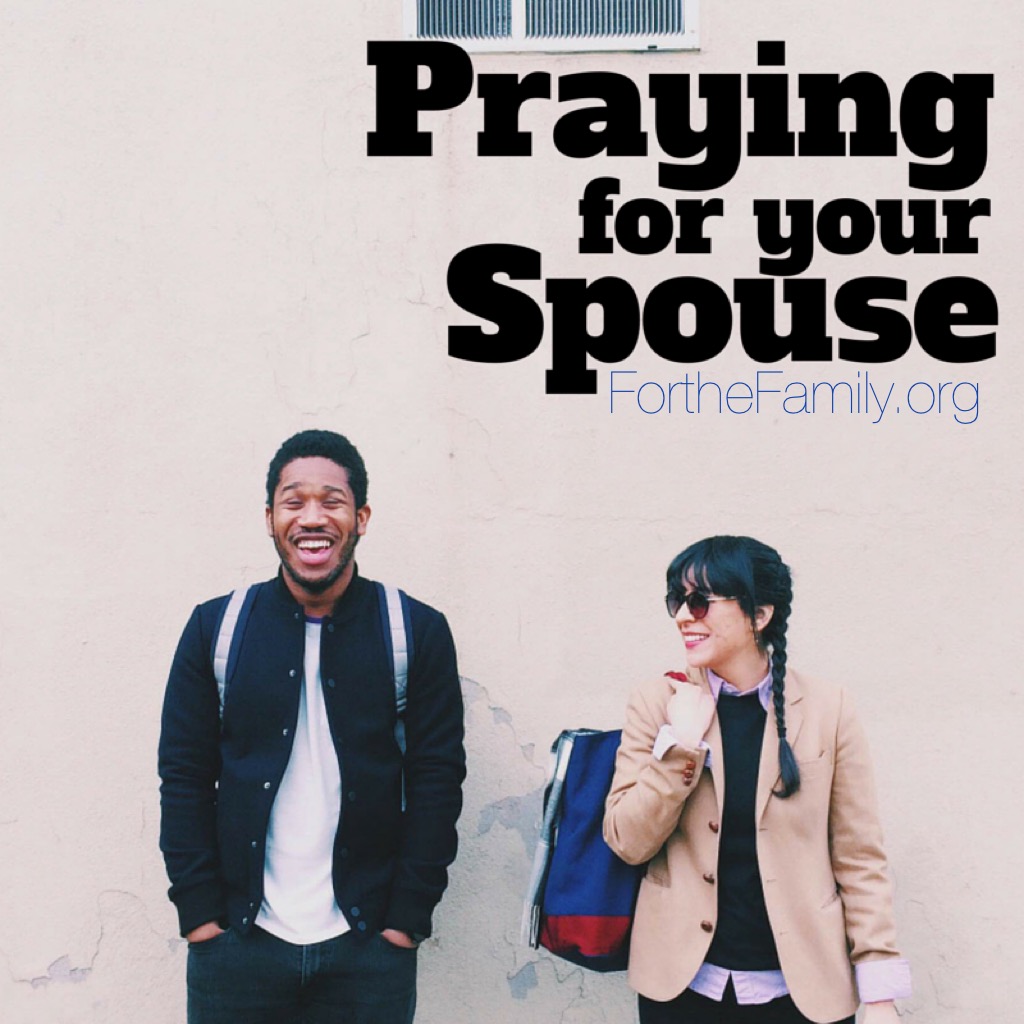When People Say What They Shouldn’t Have Said
We’ve all been there, haven’t we? On the receiving end of statements meant to encourage or comfort that instead ended up stinging the soul?
Comments like these after my miscarriage:
Well, at least you have one child; some people don’t even get that!
You should just be happy with what God has given you.
Have you considered adoption?
Maybe there was something wrong with the baby; God was probably saving you from heartache.
Or these words after my drunken brother crashed his Jeep into a tree, killing himself…
Well, with his drinking problem, I guess it was only a matter of time before something like this happened.
Now you have an angel looking over you from Heaven.
Wow, they did a good job of sewing him up; he doesn’t look that bad at all.
Whatever trial we face, doesn’t it seem that someone ends up saying something sharp instead of soothing? something unsolicited and absurd? something that really — in retrospect — shouldn’t have been said?
There are countless lists sharing what not to say in difficult circumstances, but how should we respond to people who do say what they shouldn’t have said? And how should we train our children to respond to things that shouldn’t have been said to them?
Here are a few strategies I hope both to master and to pass along:
Have mercy.
Mercy is one of those Christian-ese-y little words that believers throw around as if everyone knows what they’re talking about. Except no one does.
The dictionary defines mercy as “compassion or forgiveness shown toward someone whom it is within one’s power to punish or harm.” When someone — either intentionally or unintentionally — wounds us with their words, showing leniency or pardon is usually the last thing on our minds.
But God expects us to show compassion even to those who say what they shouldn’t have said. Why? Because He shows us mercy every. single. day. Therefore, we are to “be merciful, even as [our] Father is merciful” (Luke 6:36).
Build up.
Hurtful words tear us down, but even so, God would have us to respond in a way that builds others up. With the Holy Spirit’s help, we can be mindful of others’ needs, even when they have cut us with ignorant comments or thoughtless remarks.
In fact, we are commanded to speak words that build others up: “Do not let any unwholesome talk come out of your mouths, but only what is helpful for building others up according to their needs, that it may benefit those who listen” (Ephesians 4:29).
Be silent.
And if we simply can’t bring ourselves to utter healing words, may we be mindful that when our response is intentionally injurious, it merely multiplies the wrong. In cases where we can’t think of a merciful, encouraging word, it’s okay to say nothing.
Here’s one reason why: “Whoever restrains his words has knowledge, and he who has a cool spirit is a man of understanding” (Proverbs 17:27).
I want my kids to know that when someone hurts them with their words, it is okay — even wise! — to respond with silence.
Bottom line? When people say what they shouldn’t have said, we can (and should) choose a godly answer — one full of mercy and encouragement, or even one of patient silence.
Because in the end, a godly response is my hope from those to whom *I* say what I shouldn’t have said, too.
Blessings,
Rhonda








Wow. Some of the responses you got put me in mind of Gandhi’s comment about loving Christ but having his doubts about Christians.
I’ve found that many inappropriate comments come from the Western need to say something, anything at all. I’m Asian, and find that Westerners are extremely uncomfortable with silence.
So they say the first thing that comes to mind. Which is usually a really bad idea.
And then there are the folks who always have to have the last word. They have to be right, no matter what, and a part of their paradigm is I’m-saying-something-outrageous-and-will-I-get-away-with-it?
And then there are the sincere idiots who think they have a direct line to God, and are fully authorized to speak on His behalf.
The methods you listed to deal with any and all of these types are great, but I’d a caveat –
Sometimes a harsh reproof is needed, to save someone else the heartache of hearing a remark that is vicious in its effect.
We’re enjoined to mercy and compassion for people who are stupid and wrong, but we’re not really allowed to pass the buck. We need to find kind ways to tell an individual that he or she is completely out of line.
And I do not know how to do it.
Thanks for taking the time to respond, Andrew.
Your insight comparing Asian culture to Western culture is a good one. I think that extroverts (also a more common trait in Western culture), are quite the culprits in saying the wrong thing, too.
I know this because I am a Western extrovert who often sticks her proverbial foot in her mouth on occasion. (On many occasions. Ahem.)
And I agree with you that sometimes a person needs to be informed that he or she is out of line, but I have certainly not mastered this skill at all. One thing I have found, however, is that when I respond in the immediate wake of an offensive comment, it is usually not a godly response. It is best (at least for me) to let time pass before I comment.
Thanks again for your words. Great food for thought! Blessings!
I’m so sorry that you have been on the receiving end of such rude and insensitive comments at vulnerable ties in your life.
Thanks for your kind words, Claire.
While it is true that I have been hurt by the insensitive words of others, it is also true that *I* have been the offender on occasion, too.
My prayer is that God would help me to behave in a godly manner to others, but that others would also have His help to extend a godly response to me when I so desperately need it, too.
Blessings to you, Claire! Thanks for taking the time to respond.
I agree with both commentaries. There is a time to speak and a time to be silent. People, especially Christians, should not be allowed to continually create drama and havoc in other people’s lives. People who do not respond and modify their behavior when given Christian counsel, should, of course, be forgiven, but can be avoided if necessary.
Wise words, Lisa: “There is a time to speak and time to be silent.”
And I’d add this: our best response is always one that is guided by the Holy Spirit. May we all be more sensitive to Him, amen?
Thanks for taking the time to respond. Blessings!